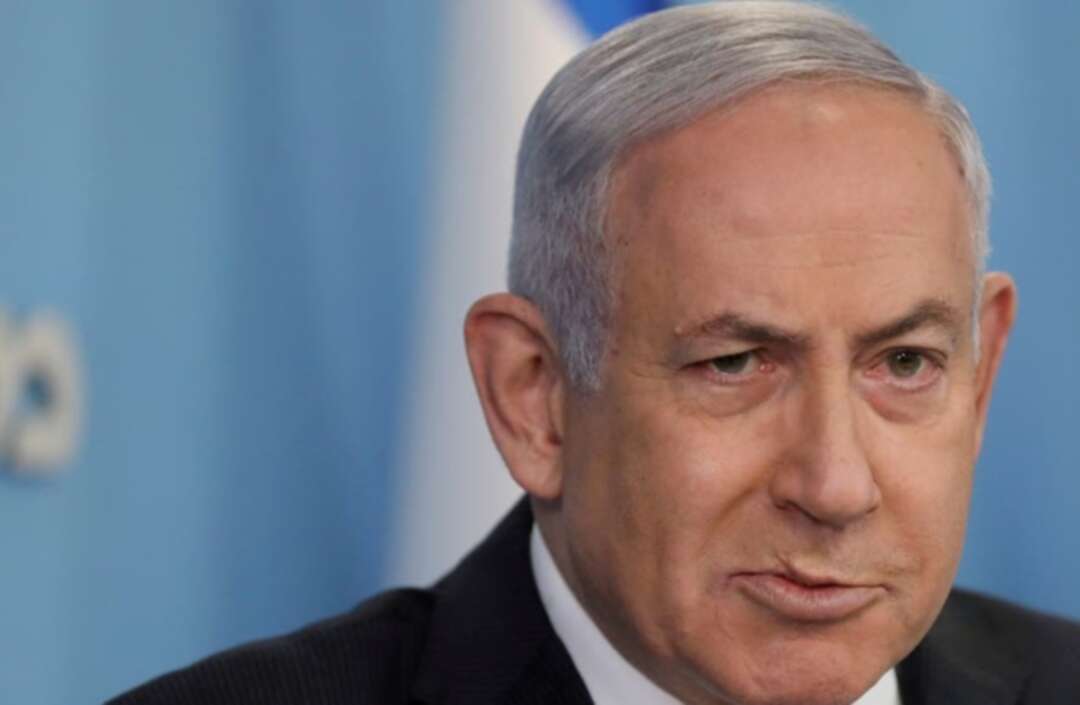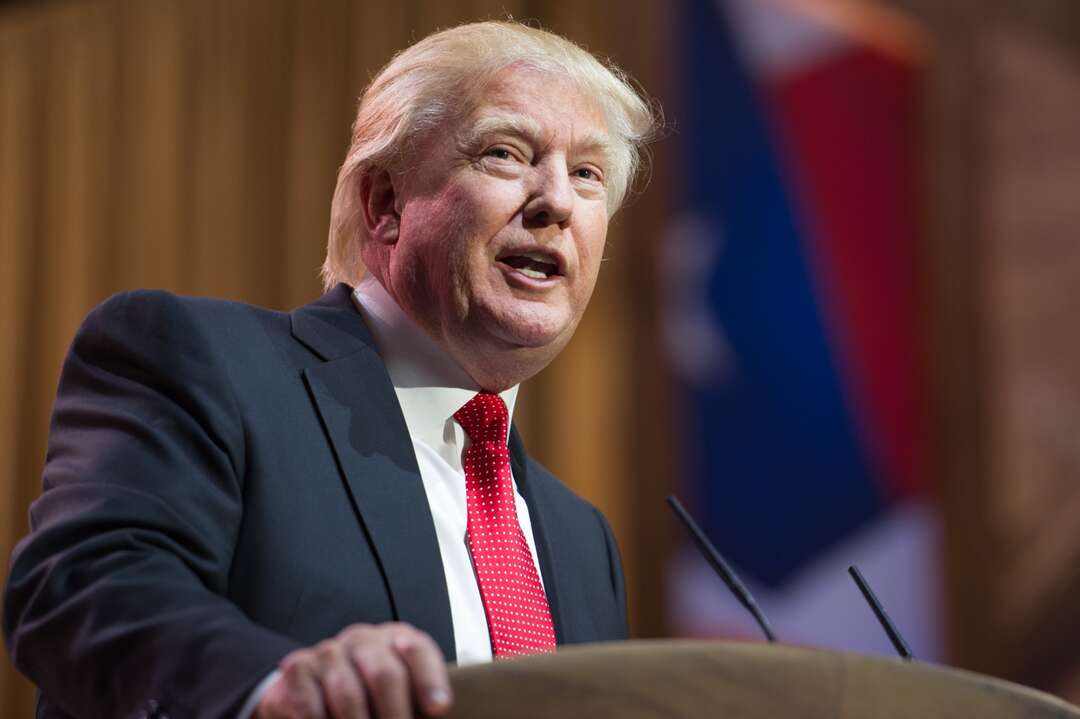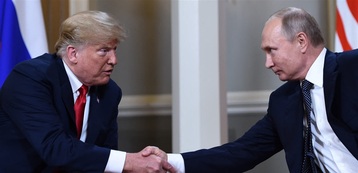-
Brexit UK should aim to be a global broker, not a great power, says report

Chatham House director general says UK must not seek to be rival to EU on foreign policy
Britain will fail if it seeks to reincarnate itself after Brexit as a mini-great power, and should focus instead on being a global broker for solutions to specific challenges such as climate change, cybersecurity, global health and human rights, a major report has proposed.
The report by Robin Niblett, the director general of Britain’s leading foreign policy thinktank Chatham House, coincides with the 75th anniversary of the first meeting of the UN general assembly in London.
It also warns that the UK will be making a mistake if it seeks to set itself up as a rival to the European Union on foreign policy, since it will need EU cooperation to meet many objectives.
Niblett urges the UK not to indulge in nostalgic fantasies about individual glory or Global Britain. “Britain will fail if it now tries to reincarnate itself as an independently influential miniature great power,” he writes. “It should focus instead on being an enabler of positive international outcomes.”
He also says the UK has an image problem as it strikes out on its new journey “at a moment when its competence is being called into question as a result of the government’s handling of coronavirus”.
Instead, Niblett suggests, it should draw on its soft power and diplomatic network to become a practical solution seeker on some of the world’s great problems.
The six subjects he chooses are climate change, human rights, Nato strength, global health, a cyber alliance of democracies and clamping down on global tax avoidance – a subject the UK championed in the past, but has since dropped.
Even, he says, “enjoying unique reserves of soft power, a seat at most of the world’s top tables, and the assets to leverage the UK’s voice and support its interests does not guarantee an ability to lead global change or secure outcomes to the national advantage”.
“The incoming administration of Joe Biden will seek to heal America’s relations with allies in Europe and Asia,” Niblett writes.
“Brexit Britain will have to fight its way to the table on many of the most important transatlantic issues, with the EU now the US’s main counterpart in areas such as China relations and digital taxation.”
The UK will also come under greater bilateral pressure than before to demonstrate its loyalty to the US or risk paying a price as the junior partner in the relationship. The test for British governments, Niblett says, will be whether they can turn the UK’s greater policy autonomy and nimbleness as a non-EU member into an asset in the relationship with the US.
He argues strongly against the UK seeking to undercut the EU in foreign policy areas.
“For Britain to strengthen its relations with Hungary or Turkey, for example, with no regard for the ways this could undercut the policies being developed towards them by their European neighbours would not only be hypocritical; it would be counterproductive, whatever the potential near-term economic benefits for the UK,” Niblett writes.
“The EU remains the main upholder, inside and around Europe’s neighbourhood, of the political norms that Britain champions. If these are eroded, the UK will be less secure and less prosperous in the long term.”
He also suggests that, in seeking new partners, the UK will have to choose not to be close to everyone, and suggests Saudi Arabia, Turkey, Russia and India as four countries with which the UK should not seek close alliances.
He also gives an implicit warning to Boris Johnson that he will have to improve and change his tone on the international stage if he is to achieve the new role he proposes for the country.
A positive reputation for Britain as a valued and creative broker in the search for solutions to shared problems will need to be earned, he warns.
“It will emerge only from the competence and impact of Britain’s diplomacy, from trust in its word, and from a return to the power of understatement for which the country was so widely respected in the past. Britain’s G7 presidency and co-chairmanship of COP26
He also urges Johnson and others to be judicious in their rhetoric, writing: “The notion of ‘Global Britain’ may have a convenient alliteration with ‘Great Britain’ but, in the minds of many, Britain became ‘Great’ by building a world-spanning empire whose injustices and inequities are now rightly being re-examined.
“The government will need to be judicious in how it now goes about communicating its global agenda, especially among its Commonwealth partners.”
source: Patrick Wintour
Levant
You May Also Like
Popular Posts
Caricature
BENEFIT Sponsors BuildHer...
- April 23, 2025
BENEFIT, the Kingdom’s innovator and leading company in Fintech and electronic financial transactions service, has sponsored the BuildHer CityHack 2025 Hackathon, a two-day event spearheaded by the College of Engineering and Technology at the Royal University for Women (RUW).
Aimed at secondary school students, the event brought together a distinguished group of academic professionals and technology experts to mentor and inspire young participants.
More than 100 high school students from across the Kingdom of Bahrain took part in the hackathon, which featured an intensive programme of training workshops and hands-on sessions. These activities were tailored to enhance participants’ critical thinking, collaborative problem-solving, and team-building capabilities, while also encouraging the development of practical and sustainable solutions to contemporary challenges using modern technological tools.
BENEFIT’s Chief Executive Mr. Abdulwahed AlJanahi, commented: “Our support for this educational hackathon reflects our long-term strategic vision to nurture the talents of emerging national youth and empower the next generation of accomplished female leaders in technology. By fostering creativity and innovation, we aim to contribute meaningfully to Bahrain’s comprehensive development goals and align with the aspirations outlined in the Kingdom’s Vision 2030—an ambition in which BENEFIT plays a central role.”
Professor Riyadh Yousif Hamzah, President of the Royal University for Women, commented: “This initiative reflects our commitment to advancing women in STEM fields. We're cultivating a generation of creative, solution-driven female leaders who will drive national development. Our partnership with BENEFIT exemplifies the powerful synergy between academia and private sector in supporting educational innovation.”
Hanan Abdulla Hasan, Senior Manager, PR & Communication at BENEFIT, said: “We are honoured to collaborate with RUW in supporting this remarkable technology-focused event. It highlights our commitment to social responsibility, and our ongoing efforts to enhance the digital and innovation capabilities of young Bahraini women and foster their ability to harness technological tools in the service of a smarter, more sustainable future.”
For his part, Dr. Humam ElAgha, Acting Dean of the College of Engineering and Technology at the University, said: “BuildHer CityHack 2025 embodies our hands-on approach to education. By tackling real-world problems through creative thinking and sustainable solutions, we're preparing women to thrive in the knowledge economy – a cornerstone of the University's vision.”
opinion
Report
ads
Newsletter
Subscribe to our mailing list to get the new updates!






















